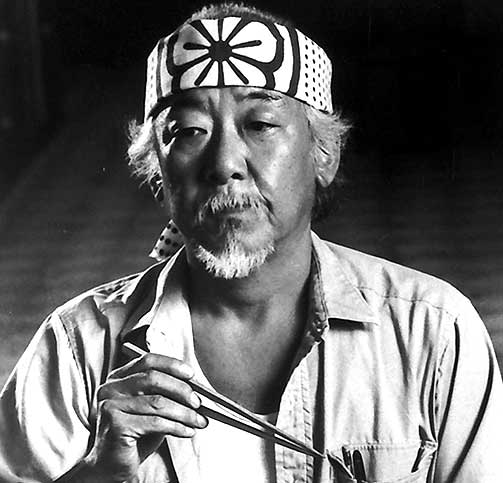If everyone has access to expert, then what is the function of clergy?
I had a conversation with my friend Kyle and we were talking about how he did not need a plumber to fix a leak in him home because he watched a YouTube video on how to repair it. What would have cost him hundreds of dollars just a few years ago, cost him much less because he did not have to pay for the knowledge the expert plumber has.
 The access many people have these days to 'expert' knowledge has called into question the need for a number of jobs. Why do I need a travel agent if I have Travelocity? Why do I need to hire a professional camera person when my friend has a nice camera and would enjoy taking my family pictures? Why do I need a minister, who used to be the local theologian, if I have access to the same resources?
The access many people have these days to 'expert' knowledge has called into question the need for a number of jobs. Why do I need a travel agent if I have Travelocity? Why do I need to hire a professional camera person when my friend has a nice camera and would enjoy taking my family pictures? Why do I need a minister, who used to be the local theologian, if I have access to the same resources?
For a while the minister was the local 'expert' on morality and theology and ethics. People would seek out a minister for a number of spiritual, moral and ethical problems/concerns. The minister was the one with the 'expert' knowledge and the seminary education which qualified the minister to be the local theologian.
While some people still come to a minister for questions and counselling or theological questions, it is more and more the case that people are self-diagnosing and using the internet to come to their own opinions and understandings on the questions they have.
So if everyone has access to "expert" knowledge, then what is the future of the "expert" theologian minister?
Perhaps one of the roles of the minister is to no longer be the expert but the one who is given trust and time to pilferer through all the "expert" knowledge that is out there and discern what is of value? Perhaps the minister is a job that morphs from "expert" to "filter". Perhaps the minister is a job in which one is asked to take the time to help filter out the noise that is all around us and invites us to hear what is Good.
I am sure there are still places in which the minister is the local expert and there are ministers who see themselves as the expert on a good number of things. As I see it, spending time being an expert is a fine thing, until everyone knows what you know.
Christians are not experts in salvation or faith or religion or spirituality. We are called to be filters who observe and listen to the world and discern what is Good. What would a spirituality look like if it was not pursuing expert knowledge but becoming a noise filter?
 The access many people have these days to 'expert' knowledge has called into question the need for a number of jobs. Why do I need a travel agent if I have Travelocity? Why do I need to hire a professional camera person when my friend has a nice camera and would enjoy taking my family pictures? Why do I need a minister, who used to be the local theologian, if I have access to the same resources?
The access many people have these days to 'expert' knowledge has called into question the need for a number of jobs. Why do I need a travel agent if I have Travelocity? Why do I need to hire a professional camera person when my friend has a nice camera and would enjoy taking my family pictures? Why do I need a minister, who used to be the local theologian, if I have access to the same resources?For a while the minister was the local 'expert' on morality and theology and ethics. People would seek out a minister for a number of spiritual, moral and ethical problems/concerns. The minister was the one with the 'expert' knowledge and the seminary education which qualified the minister to be the local theologian.
While some people still come to a minister for questions and counselling or theological questions, it is more and more the case that people are self-diagnosing and using the internet to come to their own opinions and understandings on the questions they have.
So if everyone has access to "expert" knowledge, then what is the future of the "expert" theologian minister?
Perhaps one of the roles of the minister is to no longer be the expert but the one who is given trust and time to pilferer through all the "expert" knowledge that is out there and discern what is of value? Perhaps the minister is a job that morphs from "expert" to "filter". Perhaps the minister is a job in which one is asked to take the time to help filter out the noise that is all around us and invites us to hear what is Good.
I am sure there are still places in which the minister is the local expert and there are ministers who see themselves as the expert on a good number of things. As I see it, spending time being an expert is a fine thing, until everyone knows what you know.
Christians are not experts in salvation or faith or religion or spirituality. We are called to be filters who observe and listen to the world and discern what is Good. What would a spirituality look like if it was not pursuing expert knowledge but becoming a noise filter?